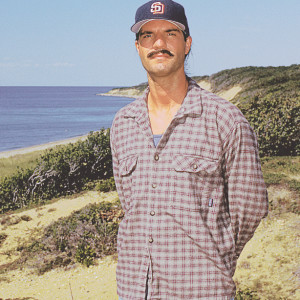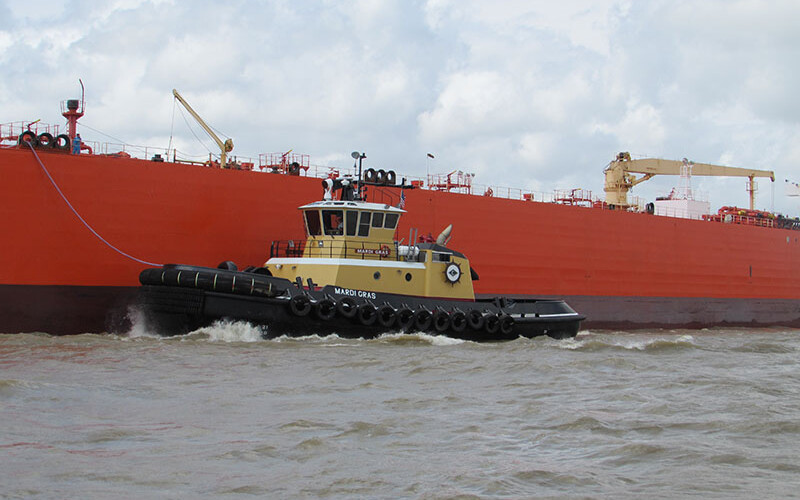In this installment of assist-tug work, I will cover some terminology, and the use thereof. Strict standardization of terminology is always the “gold standard” but proves to be elusive, whether you have a conventional tug or a Z-drive tractor helping you. So be careful what you ask for.
Typical usage with conventional tugs usually starts with the term “clutch” (ahead or astern, with either or both engines) which will yield the minimum power available when the engine controls are engaged to the detents. Need less than that? Modify it with “in-and-outs” or “little bumps.” Z-drive tractors are different. When you ask for power, ahead or astern, the operator swings the drives accordingly, and more power can be delivered via increasing azimuth-angles, rpm’s, or some combination of both. Many tractor operators are trained using “minimum” as the command that is the functional equivalent of “clutch.” You will get your best results by adopting and using the term. And the tractor-equivalent for “in-and-outs” is called “feathering.”
Between “clutch” or “minimum” and “hooked up” the amount of power is generally described using fractions, and your mileage may vary greatly. If you know the general handling characteristics and horsepower or bollard-pull of your assist tug, you should have a fair idea of what that will translate into power-wise, but it also depends greatly on the operator of the assist tug and what they interpret those power levels to be.
For tractors in North America and the Caribbean, the officially suggested terms are “dead slow” (10%), “easy” (25%), “half” (50%) and “full” (100%).
The reality is that it’s far more art than science between the control stops. Ask for power, see what happens, and adjust accordingly. Being observant and quick-to-adjust is a prerequisite to doing this job effectively, whether assisting or being assisted.
An old favorite that I learned from a captain from Boston brings some needed humanity into it. Wanting more power, he would good-naturedly bark “Gimme some more pizza!” In the context of the circumstances, working with someone he knew well, there was no doubt about what he meant.




